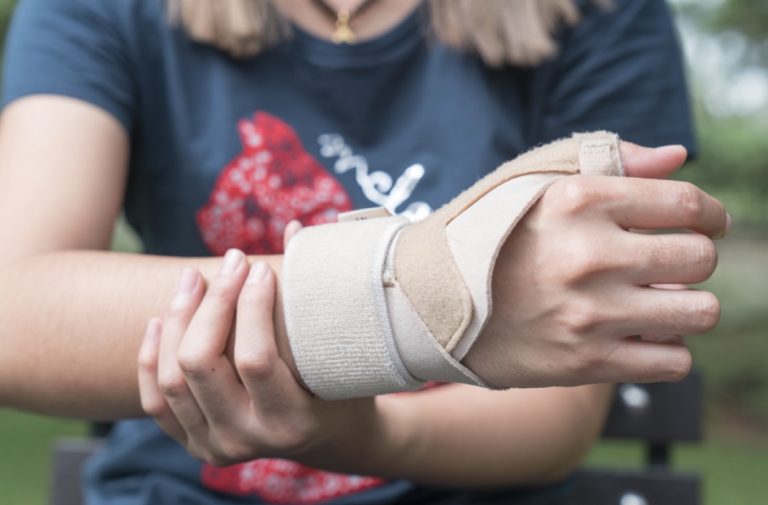You’re driving down the street when suddenly, wham! Out of the blue, your car is hit and you didn’t even see it coming.
In 2021, government statistics show that traffic-related fatalities reached a 16-year high with almost 43,000 deaths. If ever there was a time you needed personal injury insurance, that time is now.
What is personal injury protection coverage? In this article, we’ll cover personal injury protection, what it is, and when you need it.
Story Stages
What Is Personal Injury Protection Coverage?
In some states, another name for personal injury protection coverage is “no-fault” insurance. Personal injury insurance covers medical bills and rehabilitation bills stemming from an accident. The insurance covers both you and your passengers.
Personal injury protection (PIP) insurance also covers you if you’re a passenger in someone else’s car or if you’re hit by a car while cycling or walking.
Don’t confuse PIP insurance with bodily injury liability. Liability insurance pays for medical expenses for drivers and passengers in other cars if you’re the at-fault party in a car accident.
What Does Personal Injury Protection Cover?
A few things PIP covers:
- Medical expenses – Medical, surgical, dental, and eye treatments as well as ambulance, medical supplies, medication, nursing, and prosthetic devices
- Substitute services (sometimes) – If an accident keeps you from regular household tasks, PIP sometimes covers substitute services such as house cleaning
- Lost wages (sometimes) – Some PIP policies cover lost wages if you can’t work due to an accident
- Funeral expenses (sometimes) – Some policies cover accident-related funeral expenses
PIP doesn’t cover vehicle damage, theft, or other people’s property damage. It doesn’t cover medical expenses exceeding coverage limits. As with all insurance, read the fine print so you know exactly what’s covered.
Some states require PIP and others do not. Not all states are no-fault states. You can read this blog for more information.
Which States Require PIP Coverage?
Different states have different requirements when it comes to insurance. Always check with your state’s Office of Commissioner of Insurance or a local insurance agent. For now, these states require PIP insurance coverage:
- Utah
- Pennsylvania
- Oregon
- North Dakota
- New York
- New Jersey
- Minnesota
- Michigan
- Massachusetts
- Maryland
- Kentucky
- Kansas
- Hawaii
- Florida
- Delaware
- Arkansas
- Puerto Rico
You can also get PIP in the District of Columbia, New Hampshire, South Dakota, Texas, Virginia, and Washington but it’s not required.
In states that require PIP, file a claim under the PIP policy first before filing a claim with your health insurance for accident-related injuries.
Make sure you understand the PIP policy rules and procedures. If you fail to follow proper procedures, such as not providing a doctor’s treatment plan, you’ll end up paying a higher co-pay.
Contact a personal injury lawyer to help you with the process if you don’t understand it or you think you should sue another driver.
Always Carry the Right Type of Insurance
Now you know the answer to the question “What is personal injury protection coverage?” Without the right type of insurance, financial devastation is often the result. Make sure you know what you need and get it.
Was this article about personal injury protection coverage helpful? Find lots of helpful articles on the blog!
